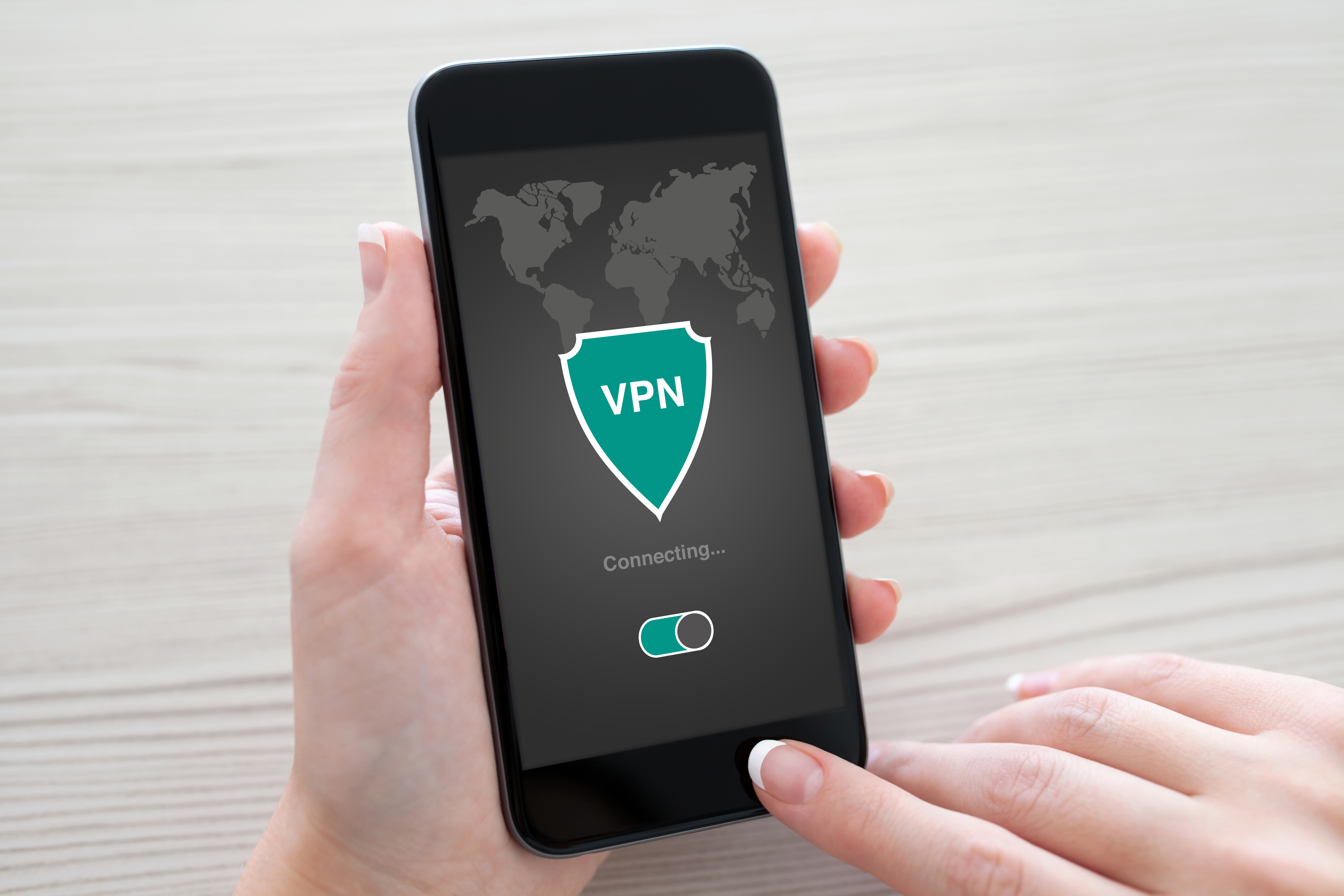How to avoid ISP restrictions with a VPN
Get around whatever restrictions your ISP places upon you

Having restrictions on your internet is no fun at all. One minute you’re browsing away, then you click on a harmless link and you’re told that you’re not allowed to access the website because its content is inappropriate – or perhaps you’re not given any reasoning at all. You can change all that by using a VPN, though, and it's a VPN use that can totally change how you experience the web.
For those of us who are in control of our ISP this might not be a problem we’ve faced since school, but if you’re living with parents, at university or simply live in rented accommodation where you’re not able to change your internet settings yourself, having restricted internet can be a daily problem.
Accessing restricted content
If you’re legally entitled to visit a website, we understand why you feel you should be able to do so – the internet was created to be a place of freedom, and as such its users should be free to make their own choices. And it’s not just adult content either. Many internet filters are incredibly heavy-handed, and can unwittingly block innocent sites thanks to words or links taken out of context.
By using a VPN you can anonymize your browsing, which means that your ISP won't be able to tell what you’re looking at or block it – whether that actually is Pornhub or just r/EarthPorn on Reddit. Either way, if you’re old enough to legally visit the sites, you should be able to – and a VPN can make that happen.

Unblock torrenting sites
Another part of the internet that’s blocked, even for those who have control over their internet subscriptions, is torrenting sites. ISPs – quite understandably – stop their customers from accessing torrenting sites in the hope that it will reduce the sharing of copyright-infringing material.
While we in no way condone illegal sharing in any form, not every torrenting use is illicit. For example, some games distribute updates over BitTorrent, and many businesses use them for sharing files throughout the company.
So, again, if you’re doing so in a lawful way, you should be able to access these sites – and a VPN can do that for you. Similarly to above, this works by anonymizing your traffic, meaning your ISP can’t detect what sites you’re visiting and therefore won’t be able to block them.
Sign up to get the BEST of Tom's Guide direct to your inbox.
Get instant access to breaking news, the hottest reviews, great deals and helpful tips.
Also, as an aside, if you’re torrenting you should be protecting yourself with one of the best torrenting VPNs anyway – without one you’re broadcasting your IP address for anyone else on the same torrent to see, as well as inviting your ISP to throttle your connection.
What VPNs are best for avoiding ISP restrictions?
Our top-rated VPN for torrenting – and subsequently avoiding ISP restrictions – is ExpressVPN. With a wealth of servers all over the world alongside full P2P support, it’s the perfect tool for accessing anything that’s currently restricted.
Another great option is NordVPN. As a stalwart of online freedom and privacy, it’s a good solution for unblocking any ISP restrictions you’re subjected to.
But, whatever provider you choose, taking control of what you can access online is your first step in the fight for true internet freedom, and we think that's something everyone's entitled to.

Save 49% and get three months free of our top-rated VPN
With a rock-solid privacy policy and reliable servers that have proved time and again that they're great for accessing pretty much anything, ExpressVPN is our top pick for unblocking ISP-restricted sites.
That's also due in part to its excellent apps and user experience which, alongside top performance, make it incredibly easy to open up the web no matter where you are or what you're doing.
Tom's Guide readers are entitled to claim three months free of ExpressVPN with any 12-month plan, meaning you can get 15 months for the price of 12 – plus a 30-day money-back guarantee lets you test out the service with no risk for a whole month. So what's to lose?

Mo is VPN editor at Tom's Guide. Day-to-day he oversees guides on the best VPNs, privacy, and cybersecurity content, which includes making sure all his recommendations are up to date, accurate, and as useful for the reader as possible. He's a daily VPN user himself – typically NordVPN, but he enjoys a variety – and as a digital privacy advocate he believes that every step should be taken to protect yourself online.

